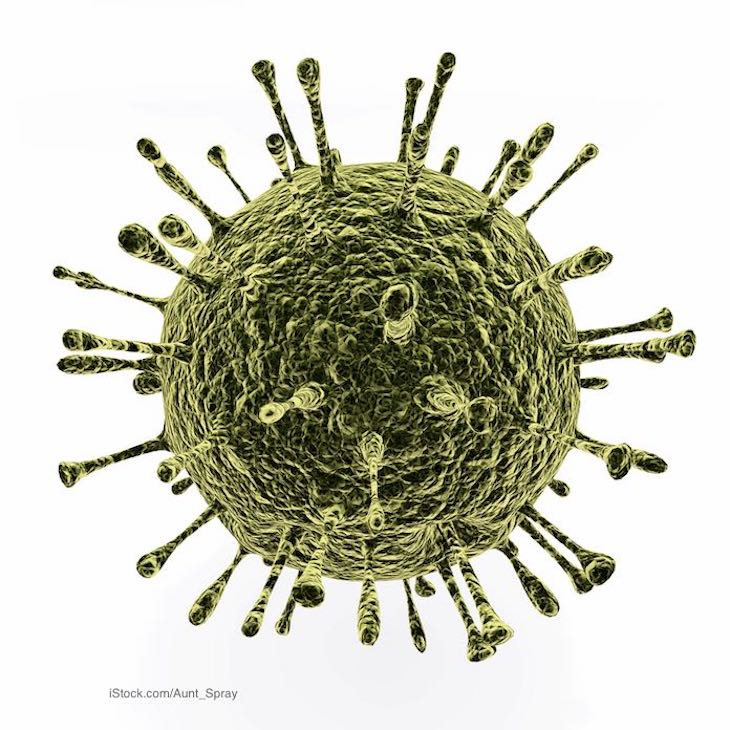A norovirus vaccine may be possible in the future using newly discovered antibodies, according to research from a collaboration between the Vanderbilt University Medical Center and the Baylor College of Medicine. Norovirus is the number one cause of food poisoning in the United States, sickening about 20 million Americans every year, and causes 1.8 billion cases of illness worldwide. The virus is very contagious and is constantly mutating. The research is published in Nature Communications.

The scientists found antibodies that actually recognize different noroviruses. Since norovirus won’t grow in a lab so scientists can test vaccines, the researchers took white blood cells from people who recently had norovirus infections. A panel of human monoclonal antibodies were isolated. And the scientists found a site on the norovirus that could be used to “reformulate vaccine candidates so they are broadly effective against circulating viral strains.”
Dr. James Crowe Jr., director of the Vanderbilt Vaccine Center, said in a statement, “We were surprised to find naturally occurring antibodies that recognized so many different noroviruses. Previously, many experts thought that this would not be possible because of the extreme sequence diversity in the various groups and types of noroviruses in circulation. The human immune system continues to surprise us in its capacity to recognize diverse virus variants.”
These new antibodies recognize many different types of noroviruses. The antibodies target part of the norovirus that doesn’t mutate often, which is crucial to vaccine development. The monoclonal antibodies could be used to prevent or treat norovirus infections in the future.
Symptoms of a norovirus infection include nausea, vomiting, and diarrhea. Symptoms appear within a few hours of infection, and most people recover within a few days, although dehydration is always a concern, especially in vulnerable populations such as young children and the elderly.




